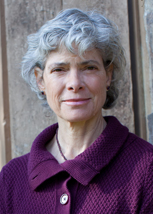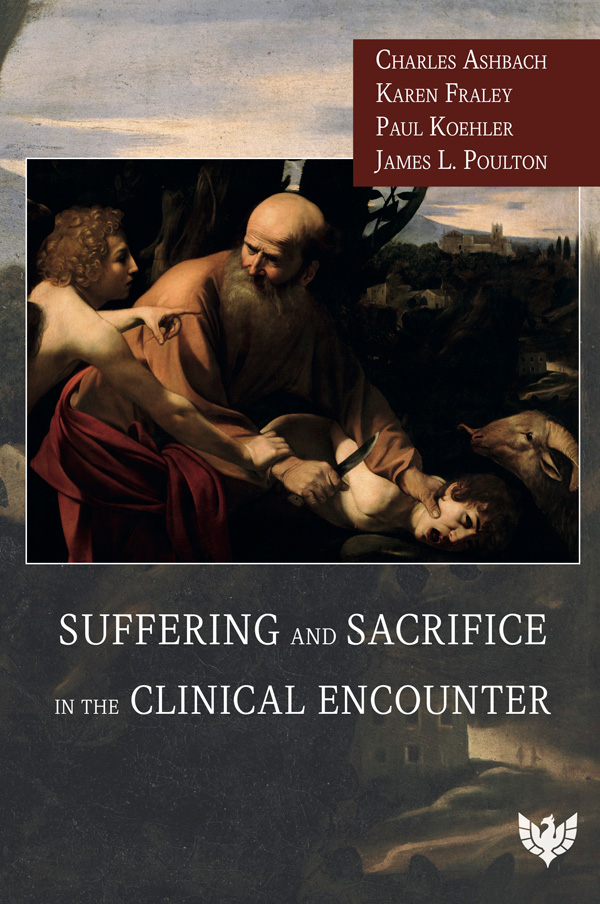Devoted to the Study of Psychoanalytic Object Relations Theory and Therapy
The Philadelphia Psychotherapy Study Center offers a dynamic learning community for psychologists, social workers and counselors in the Philadelphia region. Led by Charles Ashbach, Karen Fraley, and Paul Koehler, PPSC is a place for mental health professionals to continue to study, learn and share ideas.
Our goal is to foster an understanding of the mind and psyche through an in-depth reading and study of the major object relations and psychoanalytic theorists. To that end we provide unique continuing education opportunities and seminars that embrace a dual perspective — integrating theoretical concepts with the particular immediacies of the clinical encounter.
PPSC Faculty

Charles Ashbach, Ph.D.

Suzanne St. John, Ph.D.

Karen Fraley, LCSW

Paul Koehler, MSW
Our Philosophy
Object relations theory has grown to encompass a broad spectrum of ideas concerning the origin and function of the internalized object and its fate in various contexts. We are invested in studying an approach where realities of the body, group, and imagination may be productively integrated to understand the forces that lead to psychic growth. Read more about our philosophy.



